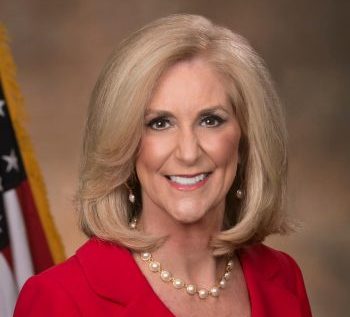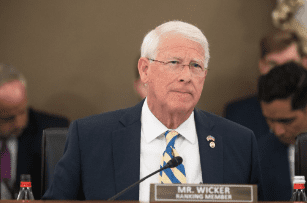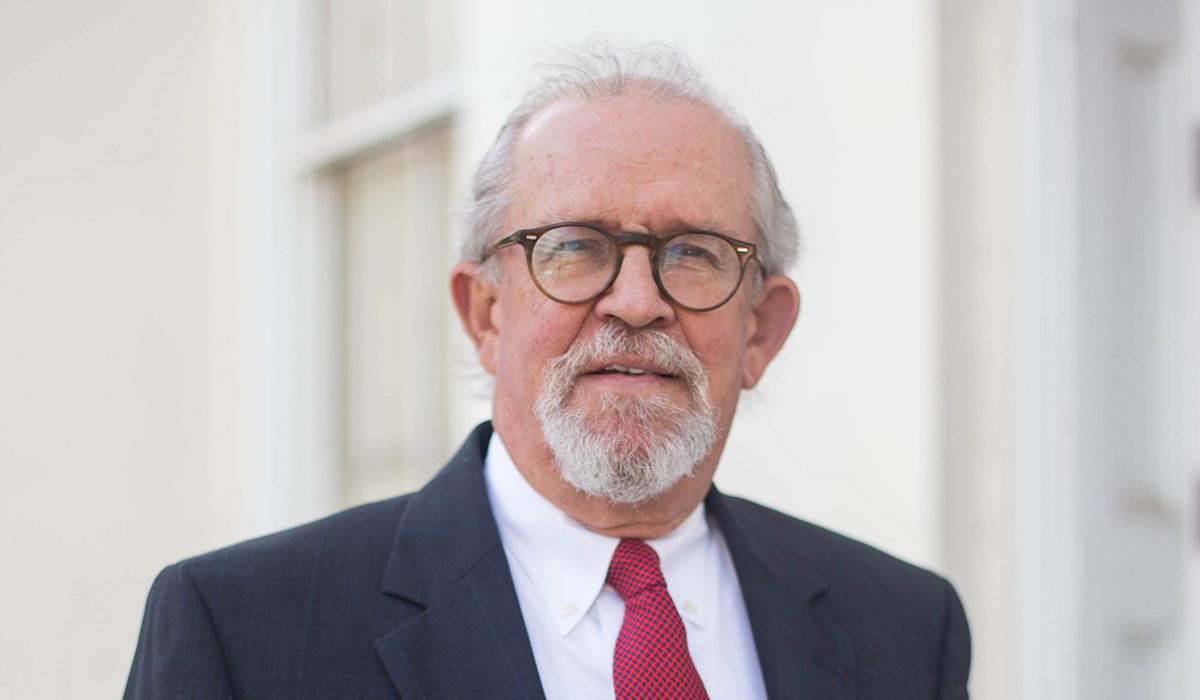
Attorney General Lynn Fitch
Google will pay back nearly $400 million to 40 states in privacy settlement.
Attorney General Lynn Fitch today announced that Mississippi, along with 39 other Attorneys General, has reached a $391.5 million multistate settlement with Google over its location tracking practices relating to Google Account settings. This is the largest multistate Attorney General privacy settlement in the history of the U.S. Mississippi will receive $6,026,914.88 from the settlement.
“Location tracking can be used to reveal a lot about the consumer,” said Attorney General Lynn Fitch, “and it can leave a person exposed to identity theft or other fraud. But even when it is part of a legitimate marketing purpose, the consumer needs to be able to make an informed decision about how their location data is used. It is your personal data and you have the right to decide if and how it can be used.”
Location data is a key part of Google’s digital advertising business. Google uses the personal and behavioral data it collects to build detailed user profiles and target ads on behalf of its advertising customers. Location data is among the most sensitive and valuable personal information Google collects. Even a limited amount of location data can expose a person’s identity and routines and can be used to infer personal details.
The Attorneys General opened the Google investigation following a 2018 Associated Press article that revealed Google “records your movements even when you explicitly tell it not to.” The article focused on two Google account settings: Location History and Web & App Activity. Location History is “off” unless a user turns on the setting, but Web & App Activity, a separate account setting, is automatically “on” when users set up a Google account, including all Android phone users. As detailed in the settlement, the attorneys general found that Google violated state consumer protection laws by misleading consumers about its location tracking practices since at least 2014. Specifically, Google caused users to be confused about the scope of the Location History setting, the fact that the Web & App Activity setting existed and also collected location information, and the extent to which consumers who use Google products and services could limit Google’s location tracking by adjusting their account and device settings.
The settlement requires Google to be more transparent with consumers about its practices. Google must:
- Show additional information to users whenever they turn a location-related account setting “on” or “off”;
- Make key information about location tracking unavoidable for users (i.e., not hidden); and
- Give users detailed information about the types of location data Google collects and how it’s used at an enhanced “Location Technologies” webpage.
The settlement also limits Google’s use and storage of certain types of location information and requires Google account controls to be more user-friendly.
The Attorneys General of Oregon and Nebraska led the settlement negotiations, assisted by Arkansas, Florida, Illinois, Louisiana, New Jersey, North Carolina, Pennsylvania, and Tennessee. The final settlement was also joined by Alabama, Alaska, Colorado, Connecticut, Delaware, Georgia, Hawaii, Idaho, Iowa, Kansas, Kentucky, Maine, Maryland, Massachusetts, Michigan, Minnesota, Mississippi, Missouri, Nevada, New Mexico, New York, North Dakota, Ohio, Oklahoma, South Carolina, South Dakota, Utah, Vermont, Virginia, and Wisconsin.











